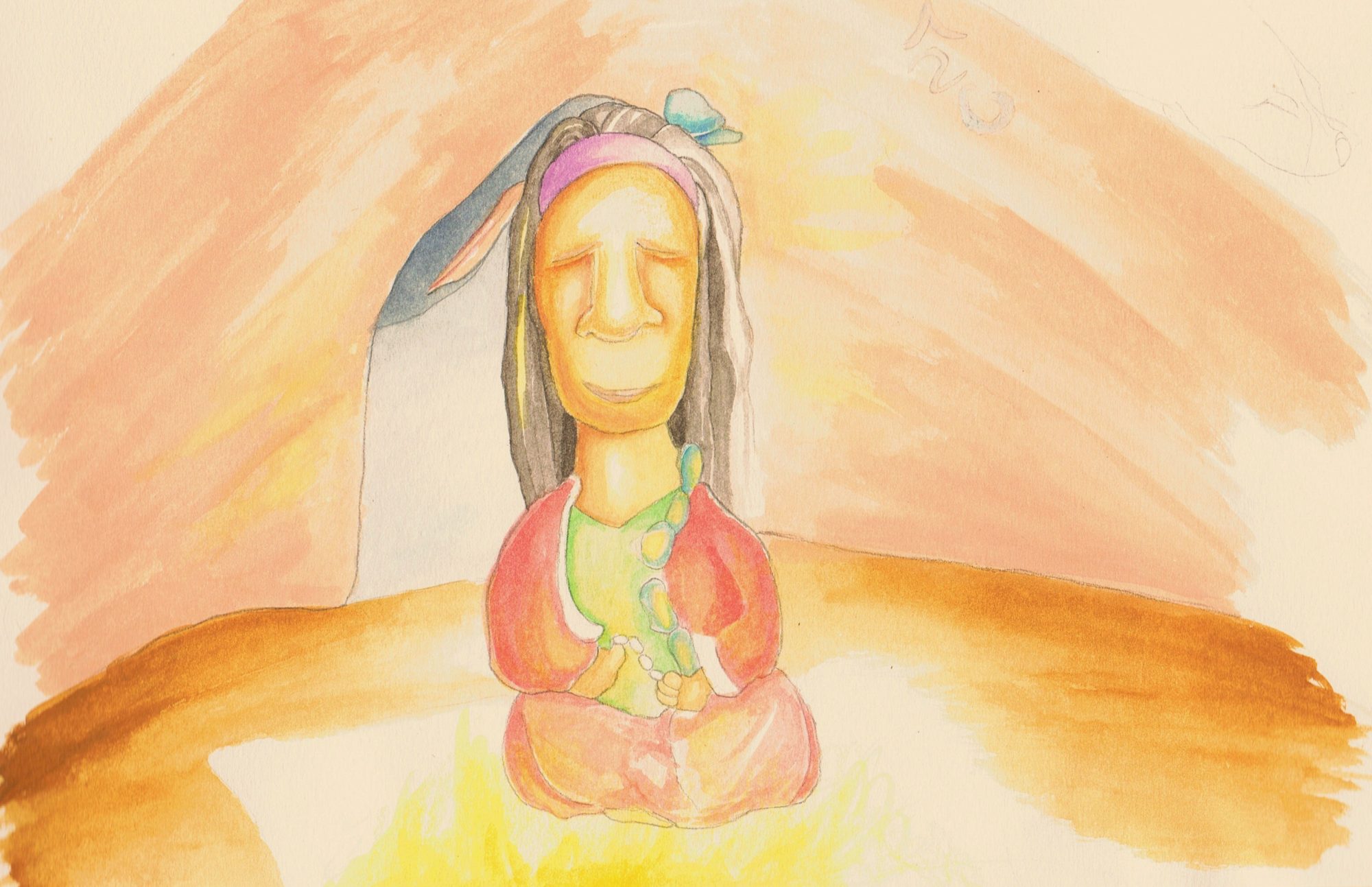A Relationship is how I relate to other people. It is specifically how I relate to another person that determines the type of relationship that I have with them.
Being Independent doesn’t mean that I am independent of any relationship with anyone. Even though a Hermit lives an isolated solitary life, being independent is still how they relate to other people. Being independent means that I do not need anyone to meet my physical or emotional needs for me. I am inner dependent or self-dependent for everything that I ever need. As soon as I do need someone else, I am dependent on them for what I need.
In a world where I relate in an independent way with all other people, I would never be diagnosed with dementia. In actuality, when I never need anyone else, I am never a problem to anyone else, so nobody would ever see that I have a mental issue with my memory.
People lose their independence through dementia when they are no longer able to meet their physical & their emotional needs their self. Dementia changes independent people into dependent people, who need other people, because it is no longer possible to effectively continue to live alone.
Losing one’s independence can be a very traumatic experience. An independent person, who has managed to live alone for many years, may have great difficulty in adjusting to the fact that they now need other people to look after and care for their needs. Independent people are able to meet their emotional needs their self, so when this is no longer possible, depression is inevitable.
With all the caring in the world, it is not possible to meet another person’s emotional need to achieve, accomplish or succeed. I cannot meet another person’s emotional need to compete, to be better than others, to win, to have order, be in control or have their own space. Someone who needs to be needed needs to care for others and may have great difficulty accepting the need for others to now take care of them.
For independent people, the change that dementia causes may be very dramatic simply because of their emotional need to be independent and their need to independently meet their own needs. In a position of no longer being able to give to the world what they need to give to the world, they are now forced to receive from other people what they themselves have always given to others.
Dementia changes co-dependent relationships into dependent relationships. Marriage is a co-dependent relationship that is a partnership, where two people meet each other’s emotional needs. The sub-conscious attraction between married couples is that they meet each other’s needs emotionally. When married partners no longer meet each other’s emotional needs, divorce is often inevitable. The only reason a partner becomes unfaithful in their marriage is because they find someone else to give them what they desperately need emotionally.
Co-dependent relationships, whether in marriage or civil partnership, endure because they meet each other’s needs; in particular, the most common societal need to feel safe, secure and comfortable. When I do not feel safe, secure and comfortable with a partner, the relationship is in grave danger of failing.
Dementia changes a co-dependent relationship when the balance of giving & receiving becomes no longer possible. In a co-dependent relationship, giving & receiving is balanced and partners keep a sub-conscious account of what they give and what they receive. Although partners may not always agree, an acceptable balance is usually maintained.
In a dependent relationship, one person gives and the other person receives. The flow of emotional energy is just one way, from the one who cares to the one who is being cared for; which puts a great strain on any existing long term marriage. It is just a matter of time before the strain breaks their current relationship and a need arises for professional careers to take over responsibility for an increasingly dependent partner.
Inter-dependent relationships can be very beneficial for both someone with dementia and their carer. An inter-dependent relationship is when a group of people meet together to meet each other’s needs emotionally. It is socially acceptable for married couples, and single people, to meet together in groups, clubs & societies, to share common interests. This inter-dependent relationship allows any emotional needs that remain unmet by a partner to be socially acceptably met by other people or other couples.
Whereas normally, there is always a choice of relationship with other people, being independent, co-dependent, inter-dependent or even being inter-developmental; with dementia, there is no choice but to accept the inevitability of being dependent on someone else, whether they care for you, care about you or just take care of you.
